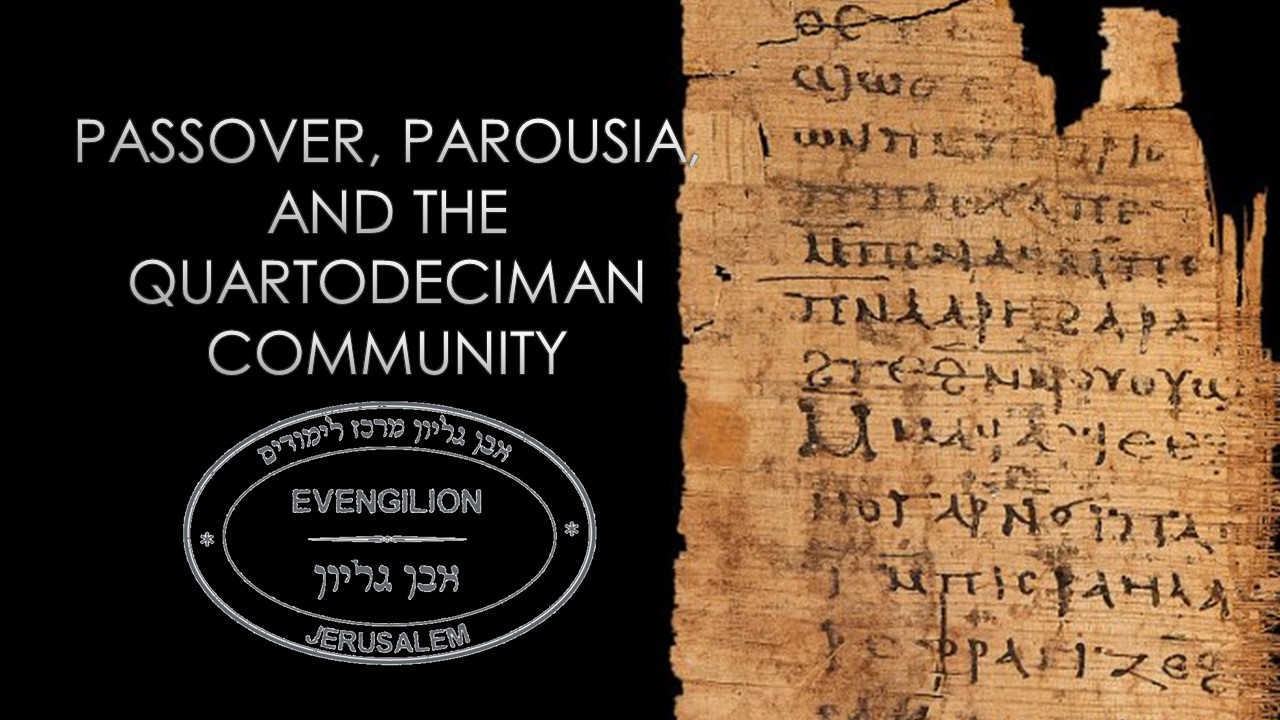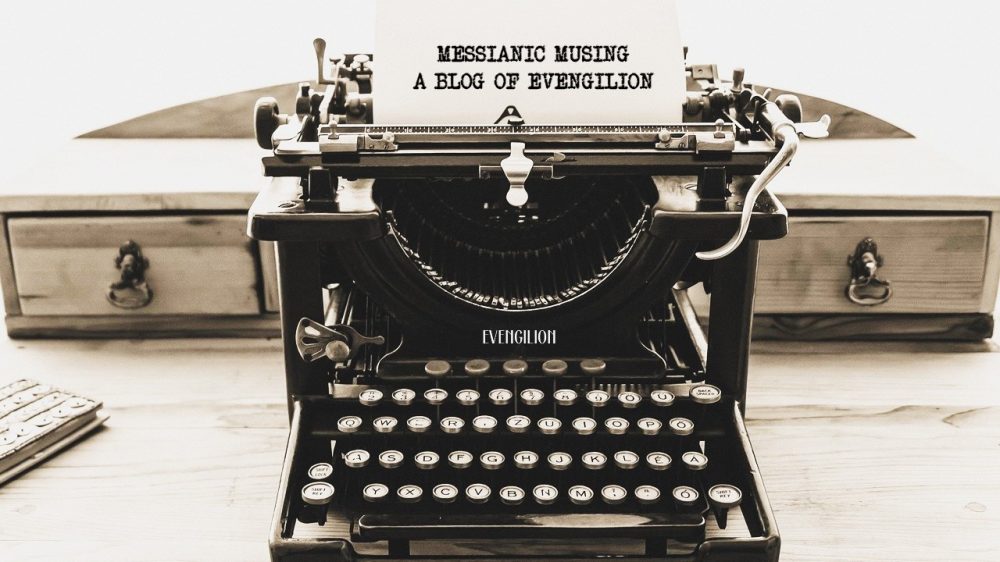 Did Jewish followers of Yeshua expect Him to return at Passover? Since ancient times, Messianic expectation was attached to Passover. Two-thousand years ago, Rabbi Yehoshua of Jerusalem said, “In Nisan (month of Passover) they were redeemed and in Nisan they will be redeemed in the time to come“. Even in the modern Seder on Passover night a place is set for the prophet Elijah, in hopes that he will join the meal to announce the coming of Messiah. We now know this same expectation was held by early followers of Yeshua after the resurrection. Indeed, the commemoration of Passover (The Lord’s Supper) contains the ‘sign’ or memory of the coming of the Lord. “For as often as you eat this bread and drink this cup, you proclaim the Lord’s death till He comes.” I Cor. 11: 26 Ancient sources give us insight into practices of the early Jewish believing community.
Did Jewish followers of Yeshua expect Him to return at Passover? Since ancient times, Messianic expectation was attached to Passover. Two-thousand years ago, Rabbi Yehoshua of Jerusalem said, “In Nisan (month of Passover) they were redeemed and in Nisan they will be redeemed in the time to come“. Even in the modern Seder on Passover night a place is set for the prophet Elijah, in hopes that he will join the meal to announce the coming of Messiah. We now know this same expectation was held by early followers of Yeshua after the resurrection. Indeed, the commemoration of Passover (The Lord’s Supper) contains the ‘sign’ or memory of the coming of the Lord. “For as often as you eat this bread and drink this cup, you proclaim the Lord’s death till He comes.” I Cor. 11: 26 Ancient sources give us insight into practices of the early Jewish believing community.
1. They kept the Passover on the 14/15thday of the month of Nisan along with the rest of Israel.
2. They fasted on behalf of greater Israel to come to salvation.
3. They believed that Yeshua’s resurrection during Passover week would find fulfillment in the great resurrection, perhaps during Passover. For this reason, they kept vigil until after Midnight in anticipating the Parousia, the coming of the Lord. Here are some ancient Christian sources commenting on the Passover practice of the early followers.
“According to Jewish tradition, the Christ will come at midnight…I think this is also why the apostolic tradition continued that on the day of the Passover vigil it is not permitted to dismiss the people before midnight, as they await the coming of Christ.” Jerome’s Commentary on Mat. 25.6, Fourth Century
A Latin Codex references the now lost Gospel According to the Hebrews:
“Therefore wise men suppose that the day of judgment is at the time of the Passover, since on that day Christ resurrected so that on that same day the saints might rise up again.” The Codex Vaticanus Reginae Latinus 49, Century IX
Joachim Jeremias, in his book The Eucharistic Words of Jesus, notes the Passover hope of these ancient believers:
“The primary concern was neither with the remembrance of the passion nor with the remembrance of the resurrection, but with the expectation of the Parousia!” Jeremias, Pg.123.
While many today look to the unfulfilled fall feasts for signs of the Lord’s return, early believers looked to the Midnight of Passover. Since the 14/15th of Nisan Passover could occur on any day however, Gentile Christians took exception to their Jewish brethren’s Passover. They believed the commemoration of the Resurrection should be moved to a fixed Sunday in the Spring. Though Jewish and non-Jewish believers argued against the change based on the historical practice of the early believers and Jewish Apostles, the Council of Nicea officially changed Passover observance to Easter. Did the Church lose something in this decision? The greatest loss may be the testimony to Israel of their Passover redeemer. But also lost was the expectation of our Passover Redeemer’s return. As you celebrate the resurrection this Passover or Easter, remember the elements of the bread and wine as a “sign”, until He comes. Amen, even so come Lord Yeshua!
